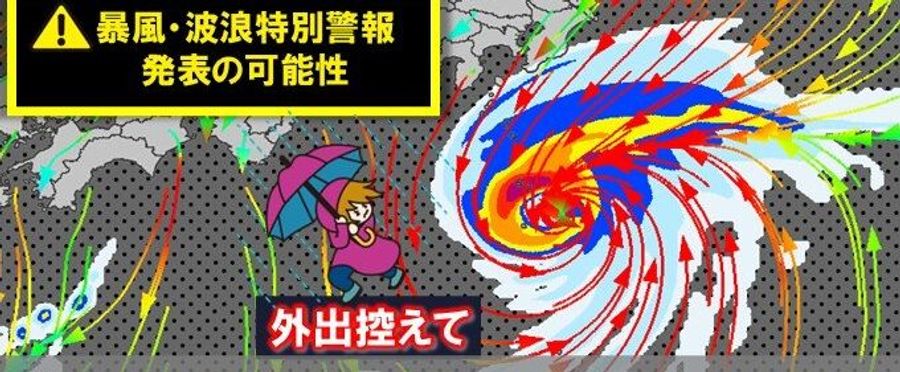As Japan faces another impending typhoon, local authorities and communities are focused on disaster preparedness measures to ensure public safety. Heeding meteorological alerts, citizens are taking testament to Japan’s efficient proactive process including reinforcing homes, stocking up on essentials, and adhering to evacuation orders if necessary. This cyclical environmental occurrence underscores Japan's long history of successfully managing nature's fury to minimize loss and damage.
In Japan, typhoon preparedness is an inherent part of societal conditioning due to the country's frequent occurrence of natural disasters. Citizens generally demonstrate high civic consciousness during such times, adhering to instructions issued by weather agencies and local authorities. The legal regulations and their strict implementation, surrounding disaster management, aid in maintaining order and minimizing damage.
Unlike Japan, the US and EU face less frequent typhoons. However, similar disaster preparedness measures are taken during hurricanes, floods, or other extreme weather events. The primary difference often lies in the societal response and regulatory implementation. While the command-and-control approach featuring strong authority may work in Japan, the US and EU generally rely more on individuals' initiative and local communities' coordinated response.

